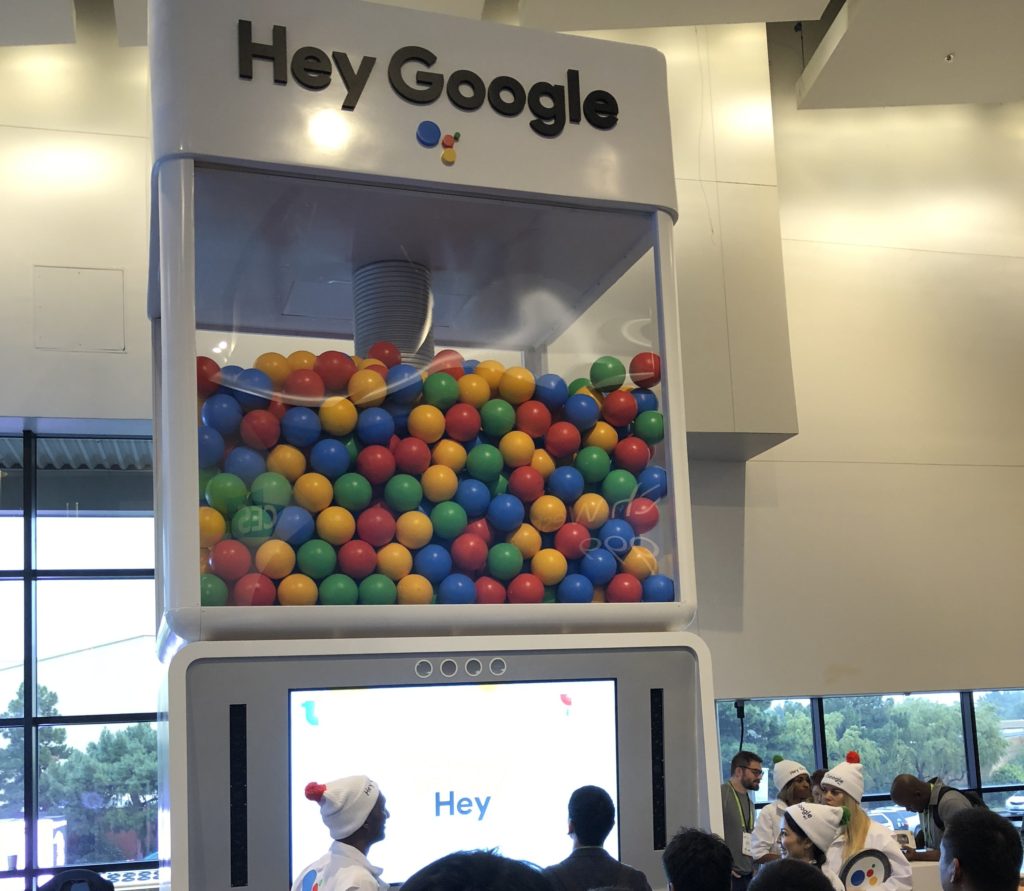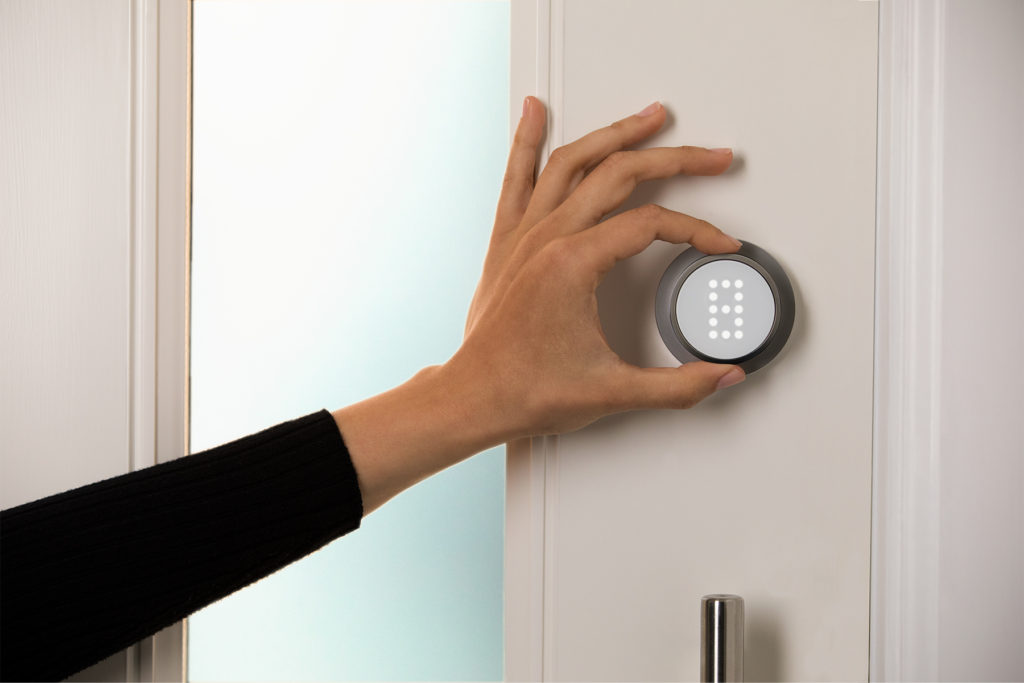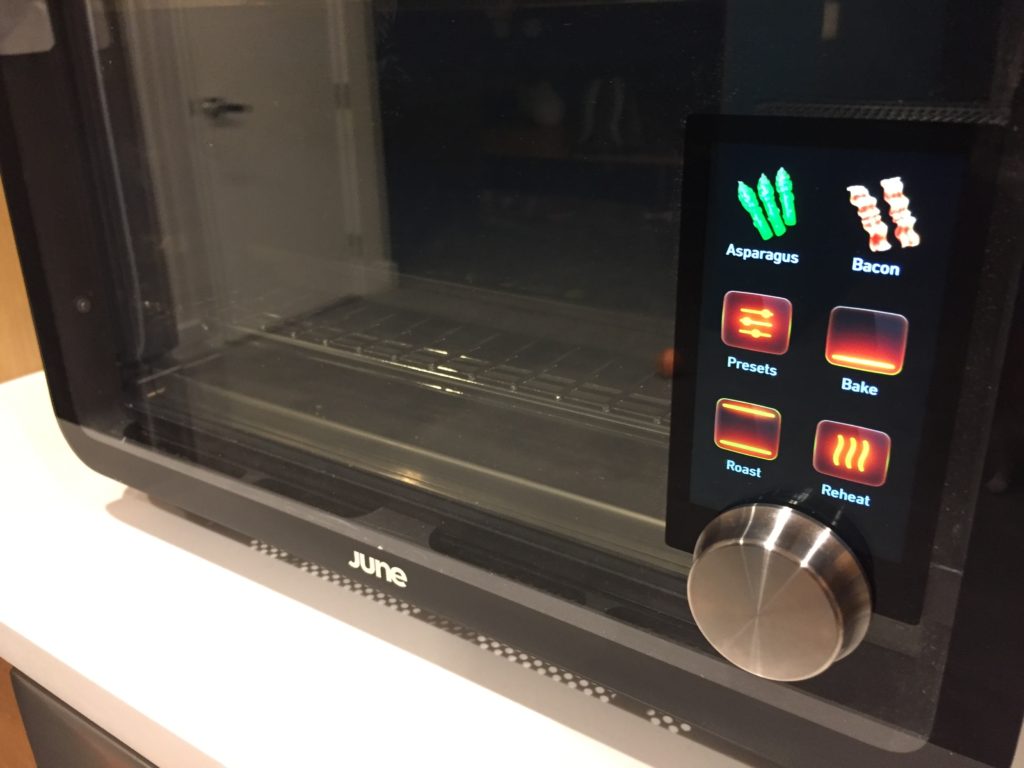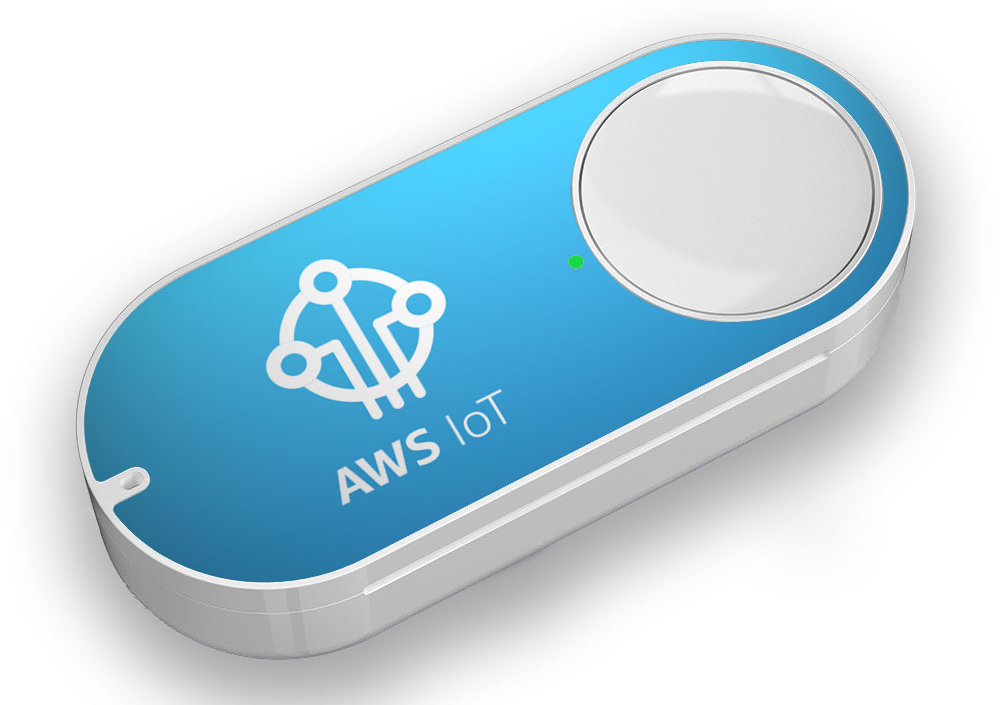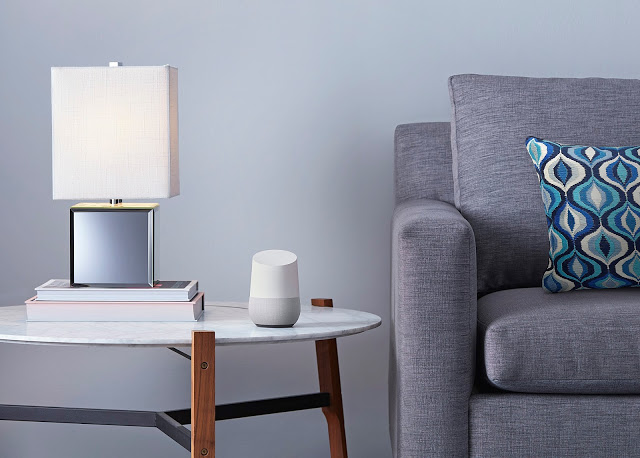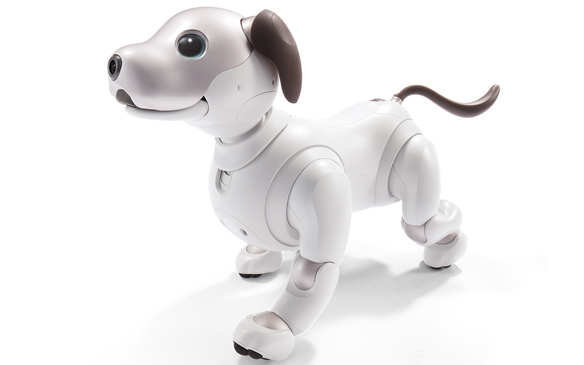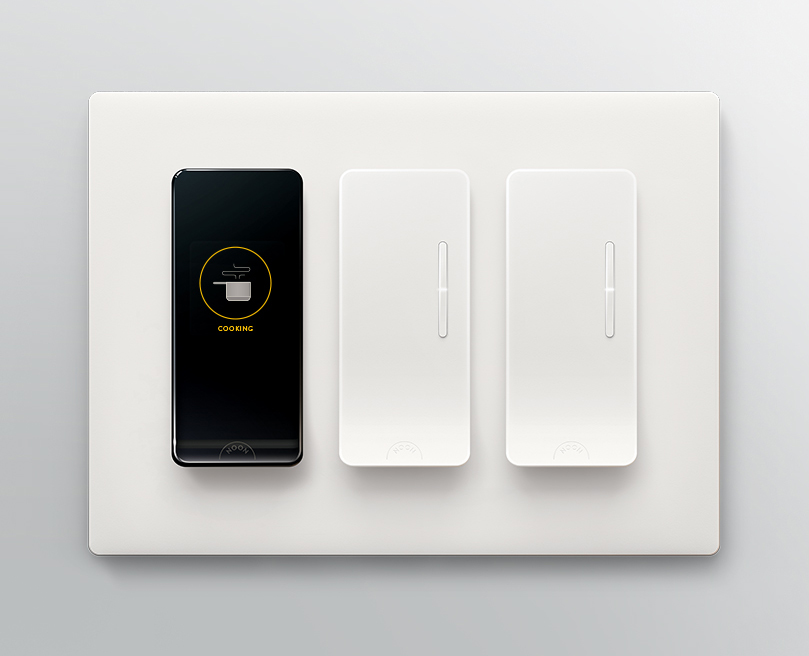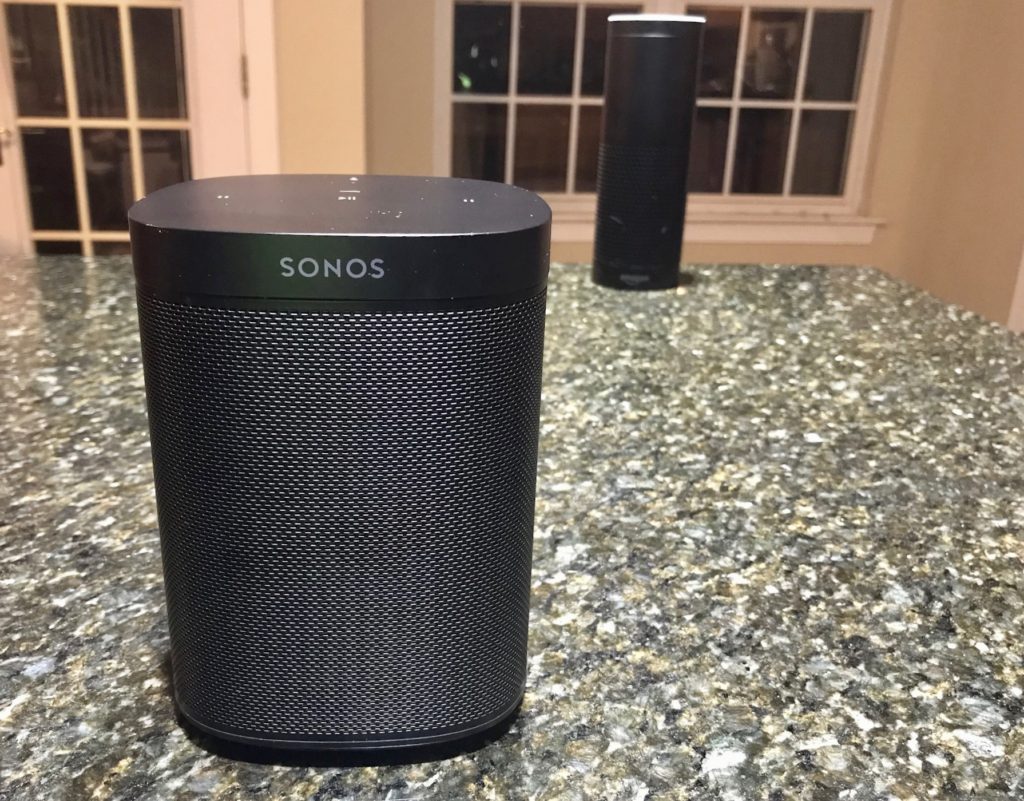CES is full of stories if you know where to look. This year we had to look beyond companies putting Alexa in everything from toilets to toothbrushes. If you did, you could find out all kinds of fascinating things, such as the big opportunities in the enterprise internet of things or what Comcast is doing with its purchase of Stringify. While roaming the halls of the Las Vegas Convention Center and the Sands Expo, I asked people what they were excited about, what they were looking for and what they think the future might hold.

The results are in this podcast, with interviews with Alex Hawkinson, CEO of SmartThings; Nate Williams, an EIR at Kleiner Perkins; a CEO who sold his camera startup to Ooma, and many more. I also share my favorite device from CES, which is not exactly something you can buy at Best Buy. But if we’re lucky, we could soon see it in something from Amazon. I hope you enjoy. If you do, thank the Open Connectivity Foundation which sponsored the entire episode, and gave an update on that standard effort.
Host: Stacey Higginbotham
Guests: There are a lot
Sponsor: Open Connectivity Foundation
- Comcast explains what’s next for Strinigfy
- Alexa Hawkinson on Samsung’s plans for SmartThings
- Ben Nader of Butterfleye on how to pick a buyer
- Nate Williams on enterprise tech
- Willy Pell on how to architect machine learning at the edge
Podcast: Play in new window | Download | Embed
Subscribe: RSS

